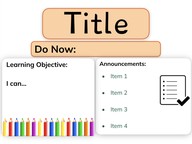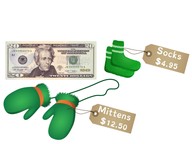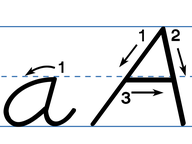
Refer to specific details to draw inferences
I can identify explicit and inferred information when I read a passage.



8,000 schools use Gynzy
92,000 teachers use Gynzy
1,600,000 students use Gynzy
General
Students will learn about explicit and inferred information. They will read and discuss various informational texts and images, and use both kinds of information to answer questions. They will practice using different strategies to make inferences and even ask their own questions!
Standards
CCSS.ELA-Literacy.RI.4.1
CCSS.ELA-Literacy.RI.5.1
Learning objective
Students will be able to refer to details and examples in a text when explaining what the text says explicitly and when drawing inferences from the text.
Introduction
Students begin by looking at a picture of two baby birds and making observations. Next, encourage them to think a little deeper. For example, they might ask themselves, “Why are the birds alone? Why are their mouths open?” Show students another picture and have them read the observations provided. Are these observations you can find right in the picture, or not?
Instruction
Explain that some information cannot be found right in the picture. It is inferred. This means that you must use clues to figure out information about the things you don’t see. Give students some tips for making inferences like using prior knowledge and personal experience. Have students read the poster and making inferences. Next, explain what literal questions are and read the passage. Students will answer the literal questions and highlight the text to show where they found the information. Read another passage and answer the literal questions. Then have students think of two more literal questions of their own. Finally, read the next passage and the statements. Drag a checkmark to the explicit statements and a star to the statements that can be inferred.
Quiz
Students respond to ten questions. They will read a passage and draw inference and respond to literal questions.
Closing
Students will share a statement about themselves with their classmates. Then they will choose a classmate to ask a question based on something they can infer. For example, if a student states that they like to go camping, a classmate might infer that they have been to a national park and ask the question, “How many national parks have you been to?”
Read our blog post to learn more about reading comprehension exercises!
The online teaching platform for interactive whiteboards and displays in schools
Save time building lessons
Manage the classroom more efficiently
Increase student engagement
Discover more!
About Gynzy
Gynzy is an online teaching platform for interactive whiteboards and displays in schools.
With a focus on elementary education, Gynzy’s Whiteboard, digital tools, and activities make it easy for teachers to save time building lessons, increase student engagement, and make classroom management more efficient.



